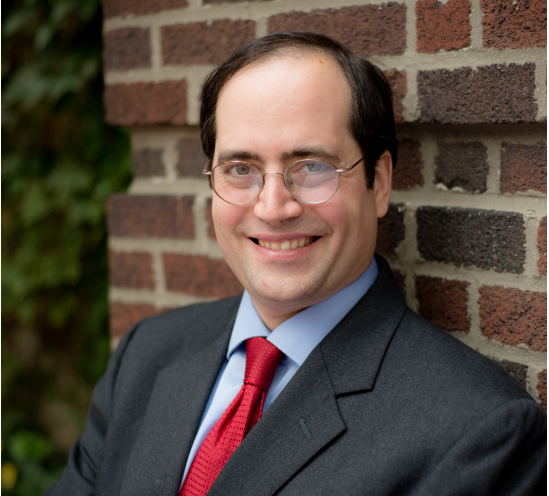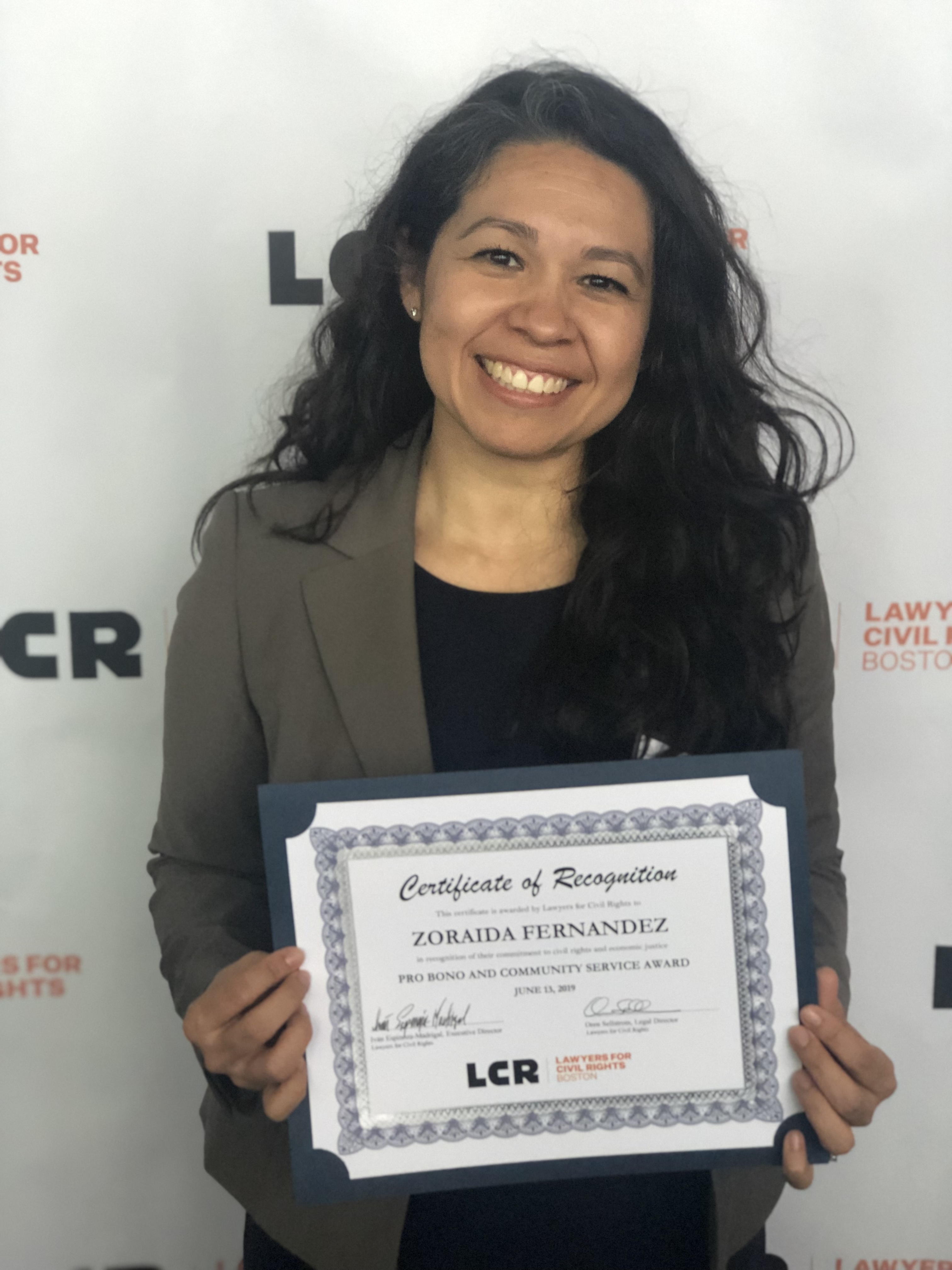10 ZDB Attorneys Selected as 2019 Super Lawyers and Rising Stars
We are pleased to announce that six of our attorneys have been selected to the 2019 Massachusetts Super Lawyers List. We would also like to congratulate four of our attorneys for being selected to the 2019 Massachusetts Rising Stars list.
Super Lawyers rates outstanding lawyers from more than 70 practice areas who have attained a high-degree of peer recognition and professional achievement. The selection process includes independent research, peer nominations, and peer evaluations. Only up to 5 percent of the lawyers in a state are named to the Super Lawyers list, and no more than 2.5 percent are named to the Rising Stars list.
Please join us in congratulating the following attorneys who have been selected as “Super Lawyers” and “Rising Stars” this year.
 Boston Lawyer Blog
Boston Lawyer Blog










